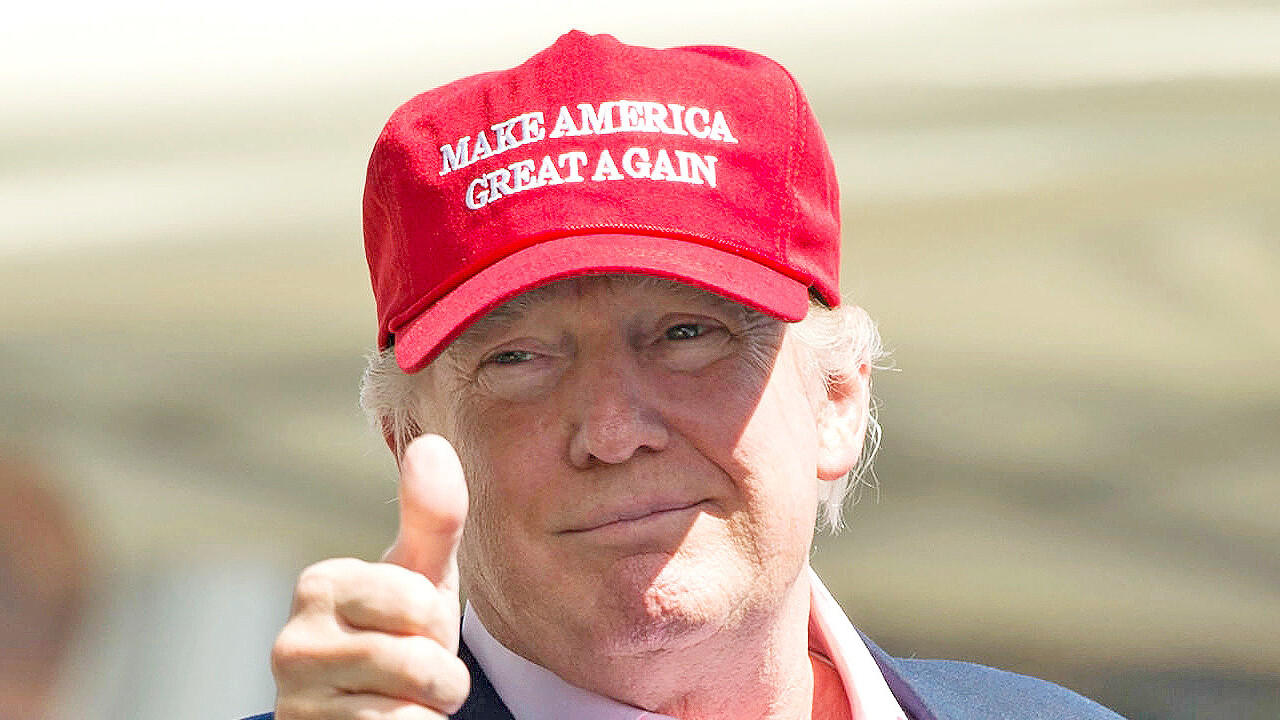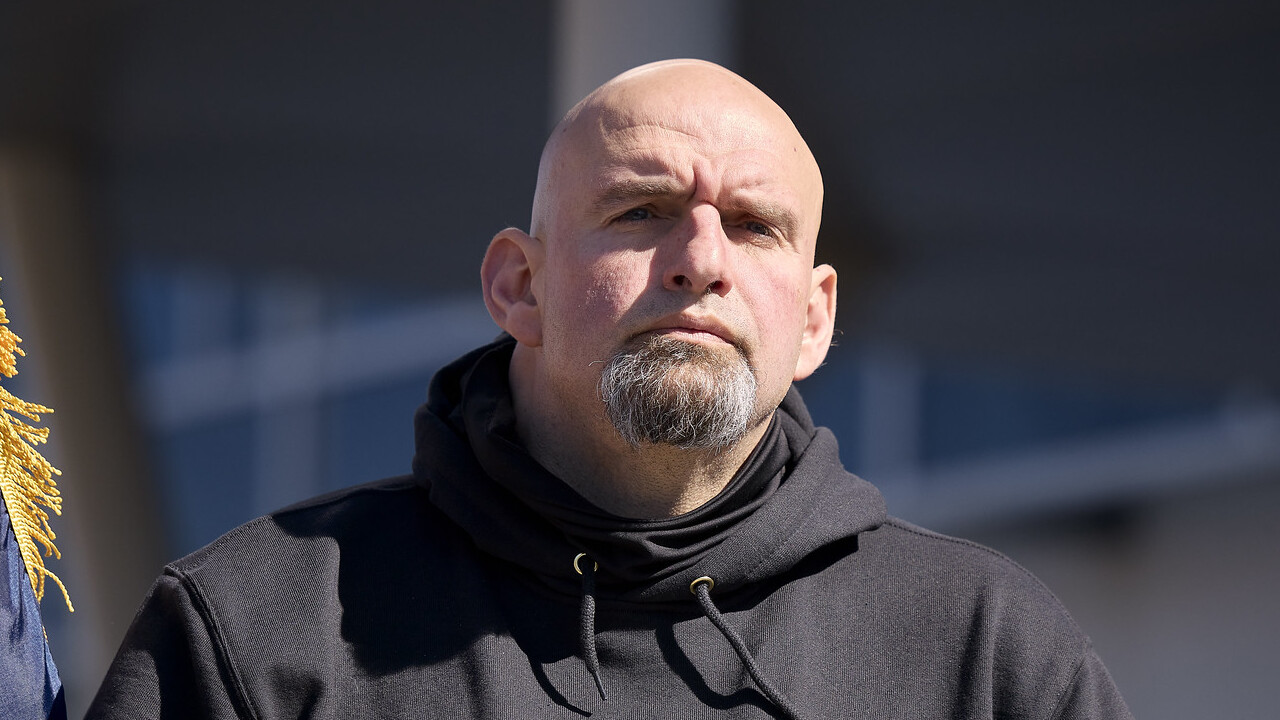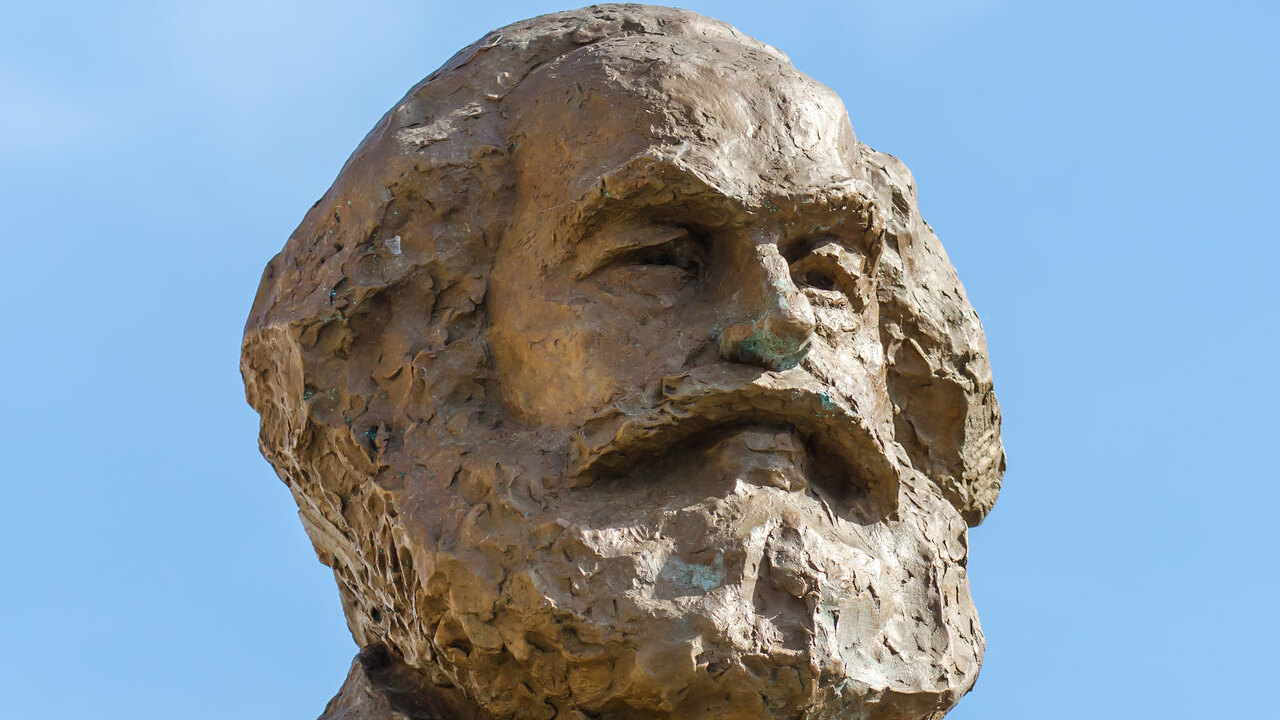What issues are the candidates and the parties not talking about? It’s worth asking, because sometimes these issues turn out to be important.
I don’t remember any candidates talking about Islamic terrorism in the midterm elections of 1998 or about the risk of investing in mortgage-backed securities in 2006. Going back a ways, I can’t recall much discussion about how to win or de-escalate the Vietnam War in 1966 or to cope with rising inflation in 1970.
So, what aren’t politicians talking about this year? Start with foreign policy. Polls show widespread and unusually bipartisan support for U.S. aid to Ukraine against Russian aggression. Campaigners have shown little appetite for challenging the Biden administration’s approach.
There has even been swift blowback against those suggesting change. House Minority Leader (and likely next Speaker) Rep. Kevin McCarthy (R-Calif.) got some backlash for saying that Ukraine shouldn’t have a “blank check.” Congressional Progressive Caucus head Rep. Pramila Jayapal (D-Wash.) got flak for releasing and then withdrawing a letter signed by 30 House Democrats urging President Joe Biden to negotiate with Russia over Ukraine.
In both cases, partisans were quick to depict these initiatives as evidence of pro-Russian sympathies on the part of the other party, just as Democrats propagated the Russian collusion hoax to delegitimize former President Donald Trump. But very few Republican or Democratic members take Russian President Vladimir Putin’s side.
The bigger story is that candidates aren’t addressing, and voters aren’t asking, tough questions about Ukraine. Or about China’s threats to Taiwan.
One reason may be that in a hyperpartisan era, neither party has a clear stance on the use of American military power. For half a century, from 1917 to 1967, Democrats were the more venturesome party on military intervention. From 1967, when Democrats soured on their own Vietnam policy, Republicans were the more venturesome party until the inauguration of Trump in 2017.
Now, as in 1966 and 1998, voters and candidates are leaving menacing foreign policy challenges to officeholders and credentialed experts, professional diplomats and military leaders.
Something else that isn’t being talked about in the campaign is what political scientists used to say politics was all about: economic redistribution. Democrats from the New Deal forward advocated, and Republicans resisted, progressive taxes and welfare programs to take from the rich and give to the poor.
We don’t hear much about this anymore because neither side is advocating major changes to the status quo. As a Washington Post writer admits, the U.S. tax code “is the most progressive in the developed world.” That’s because other advanced countries rely more on value-added taxes, while the United States relies more on a tax code with high rates on high earners and little or no tax on the lower half of earners. Small changes in the top rate from time to time have not changed this.
Meanwhile, Democrats, increasingly dependent on affluent college graduate voters, have pushed to make the tax burden (SET ITAL) less (END ITAL) progressive. Their failed attempts to restore full deductibility of state and local taxes would benefit rich people in high-tax New York, New Jersey and California. The dubiously constitutional Biden plan to forgive college loan indebtedness clearly favors high earners.
Government benefits are also decidedly progressive. In their book “The Myth of Inequality,” former Sen. Phil Gramm (R-TX), Auburn University economist Robert Ekelund and former government statistician John Early marshal data to argue that the bottom 60% of U.S. residents economically have substantially equal incomes once one accounts for government transfer payments.
Even before COVID-19, $1.9 trillion of government transfers (Social Security, disability, the earned income tax credit, child tax credits, food stamps) were bringing up the actual income of the bottom 60% to approximately the same level, well above poverty.
On the campaign trail, you do hear echoes of economic redistributionist politics. Some Democrats are charging that Republicans will reduce Social Security, even as payments are set to rise 8.7% next year due to an inflation formula created long ago. Republicans, with their increasingly downscale voter base, aren’t talking much about cutting taxes or benefits. Tax cuts would go to affluent people who don’t vote for them as they did 30 years ago. Benefit cuts are more likely now to hit their current constituency.
It has long been my contention that politics more often divide the country on cultural than on economic issues, and current cultural issues have found some mention in this year’s campaigning. Democrats hammer away at abortion, although its salience is falling as voters realize the decision in Dobbs v. Jackson Women’s Health Organization hasn’t outlawed abortion everywhere and as Republicans respond by pointing to Democratic support for abortions up to the moment of birth.
What voters actually seek, in an affluent country currently at peace, is to keep things under control. Republican candidates are definitely talking about out-of-control inflation, violent crime and illegal immigration, all plausibly linked to Biden policies. Voters remember the times, recently, when those things were under control. They want those times back.
That’s why Republicans are headed for a good year. But we may also be headed for a time in coming years when the issues that go unmentioned in this year’s campaigns, China especially, may suddenly seize the attention of both parties — and the nation.
Michael Barone is a senior political analyst for The Washington Examiner and a resident fellow at the American Enterprise Institute.
From 1974 to 1981, Barone was vice president of the polling firm of Peter D. Hart Research Associates. From 1981 to 1988, he was a member of the editorial page staff of The Washington Post. From 1989 to 1996 and again from 1998 to 2009, Barone was a senior writer for U.S. News & World Report. He was senior staff editor at Reader's Digest from 1996 to 1998.
Barone is the principal co-author of The Almanac of American Politics, published by National Journal every two years. The first edition appeared in 1971. He is also the author of Our Country: The Shaping of America from Roosevelt to Reagan (Free Press, 1990), The New Americans: How the Melting Pot Can Work Again (Regnery, 2001) and Hard America, Soft America: Competition vs. Coddling and the Competition for the Nation's Future (Crown Forum, 2004).
Over the years, Barone has written for many publications, including The Economist, The New York Times, The Detroit News, the Detroit Free Press, The Weekly Standard, The New Republic, National Review, The American Spectator, American Enterprise, The Times Literary Supplement and The Daily Telegraph of London. He has served as a political contributor to the Fox News Channel since 1998 and has appeared on many other television programs.
Barone graduated from Harvard College (1966) and Yale Law School (1969), and was an editor of the Harvard Crimson and the Yale Law Journal. He served as law clerk to Judge Wade H. McCree Jr. of the United States Court of Appeals for the Sixth Circuit from 1969 to 1971.
Barone lives in Washington, D.C. He has traveled to all 50 states and all 435 congressional districts. He has also traveled abroad extensively and has reported on elections in Russia, Mexico, Italy and Britain.
View his work here.





